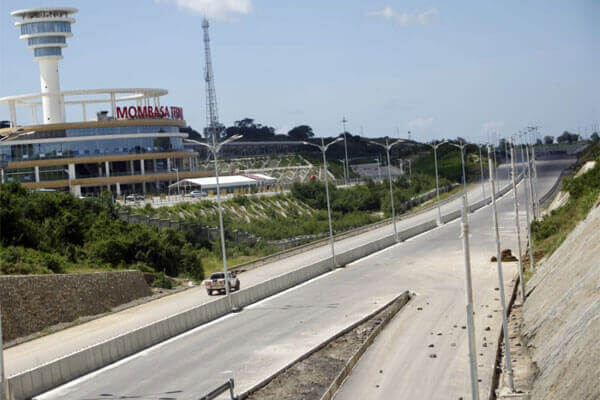In the past 10 years, Kenya has adopted a new spine for national economic growth, shifting from the initial focus on agriculture and service industry, with infrastructure now largely considered the enabler to development in hitherto neglected regions and sectors. MASS EVICTIONS In Nairobi, the quest to rejuvenate the capital city’s infrastructure has been so upbeat, more so in 2018, that we now speak of mega infrastructure projects. Road construction has seen the largest of these ventures. Planned and ongoing construction projects include A104 (Mombasa Road) from the Likoni Road junction to James Gichuru Road junction by the government and Nutrip, funded by the World Bank; European Union-funded ‘Missing Link 15 B’, commonly known as Deep Sea road; James Gichuru-Rironi road; and dualling of Ngong Road. There are also plans to build a highway bridge connecting Jomo Kenyatta International Airport on Mombasa Road to Kangemi on the Nakuru highway. The 28km bridge, an expressway, is expected to stem the problem of passengers missing flights at the JKIA due to perennial traffic congestion in the city centre. The same mega road projects have happened in Mombasa, as seen in the expansion of the Sh6 billion Moi International Airport-Port Reitz-Magongo and Mombasa-Miritini roads into dual carriageways, interchanges and overpasses. Ongoing projects include the dualling of the Mombasa-Mariakani highway, Dongo-Kundu Bypass and Mombasa Northern Bypass, which were set to increase efficiency in the Port of Mombasa. Construction of a road connecting the Mombasa port to Bujumbura, which a recent report indicated is finally...
Development and good governance are linked
Posted on: August 6, 2019
Posted on: August 6, 2019
















